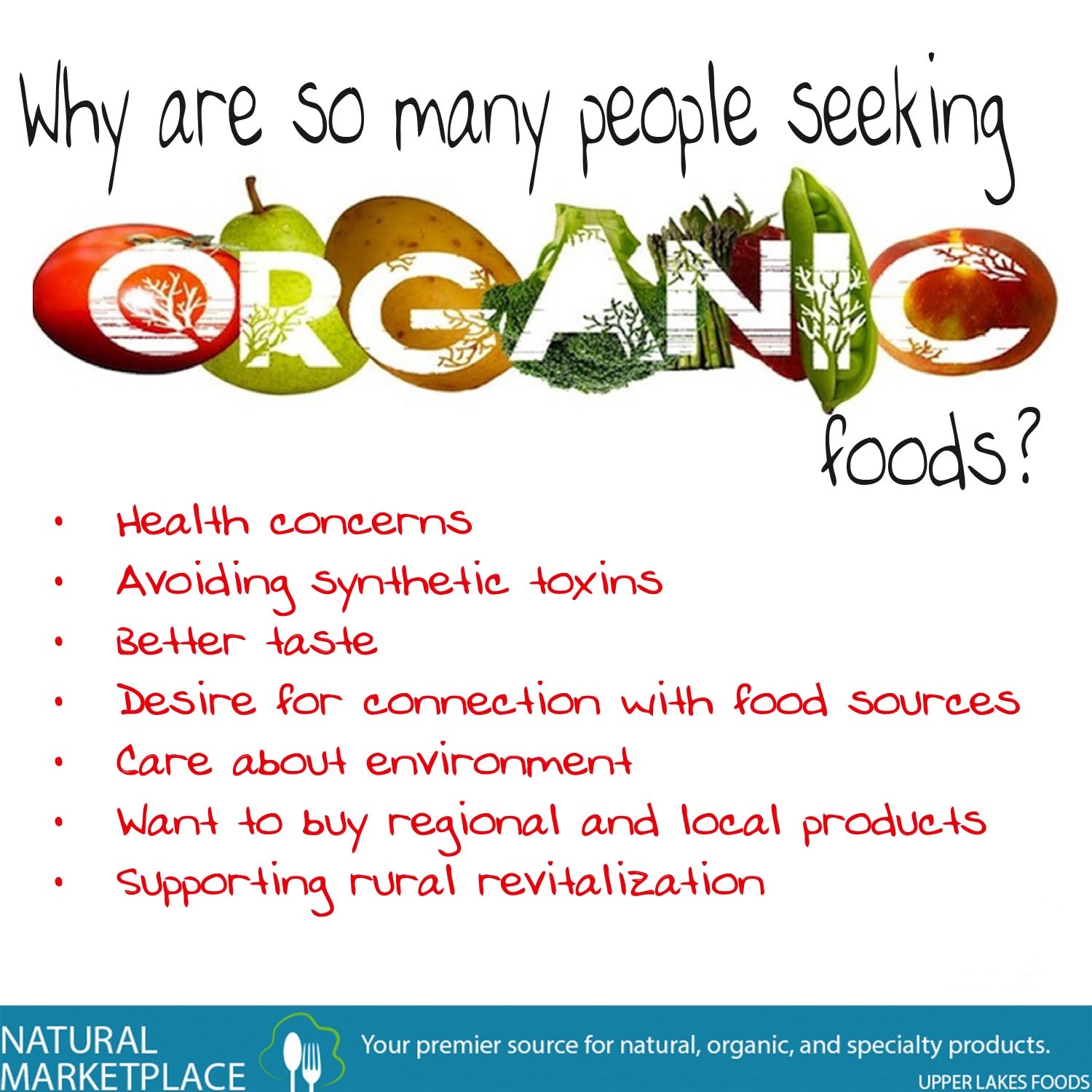Starting
your challenge is to ...
In this week's challenge you must Eat Only Organic Food . Organic foods provide a variety of benefits. Some studies show that organic foods have more beneficial nutrients, such as antioxidants, than their conventionally grown counterparts. In addition, people with allergies to foods, chemicals, or preservatives often find their symptoms lessen or go away when they eat only organic foods. The word "organic" refers to the way farmers grow and process agricultural products, such as fruits, vegetables, grains, dairy products and meat. Organic farming practices are designed to encourage soil and water conservation and reduce pollution. Farmers who grow organic produce don't use conventional methods to fertilize and control weeds. Examples of organic farming practices include using natural fertilizers to feed soil and plants, and using crop rotation or mulch to manage weeds.

- Organic produce contains fewer pesticides
Chemicals such as fungicides, herbicides, and insecticides are widely used in conventional agriculture and residues remain on (and in) the food we eat.
- Organic food is often fresher
Because it doesn’t contain preservatives that make it last longer. Organic produce is often (but not always, so watch where it is from) produced on smaller farms near where it is sold.
- Organic farming is better for the environment
Organic farming practices reduce pollution, conserve water, reduce soil erosion, increase soil fertility, and use less energy. Farming without pesticides is also better for nearby birds and animals as well as people who live close to farms.
- Organic food is GMO-free.
Genetically Modified Organisms (GMOs) or genetically engineered (GE) foods are plants whose DNA has been altered in ways that cannot occur in nature or in traditional crossbreeding, most commonly in order to be resistant to pesticides or produce an insecticide.
- Select a variety of foods from a variety of sources.
This will give you a better mix of nutrients and reduce your likelihood of exposure to a single pesticide.
- Buy fruits and vegetables in season when possible.
To get the freshest produce, ask your grocer what is in season or buy food from your local farmers market.
- Read food labels carefully.
Just because a product says it's organic or contains organic ingredients doesn't necessarily mean it's a healthier alternative. Some organic products may still be high in sugar, salt, fat or calories.
- Wash and scrub fresh fruits and vegetables thoroughly under running water.
Washing helps remove dirt, bacteria and traces of chemicals from the surface of fruits and vegetables, but not all pesticide residues can be removed by washing. Discarding outer leaves of leafy vegetables can reduce contaminants. Peeling fruits and vegetables can remove contaminants but may also reduce nutrients.
What does organic mean? - Learn more here.
5 Things You Should Know About Organic Food- Learn more here.
This challenge was closed on 2/16/2020